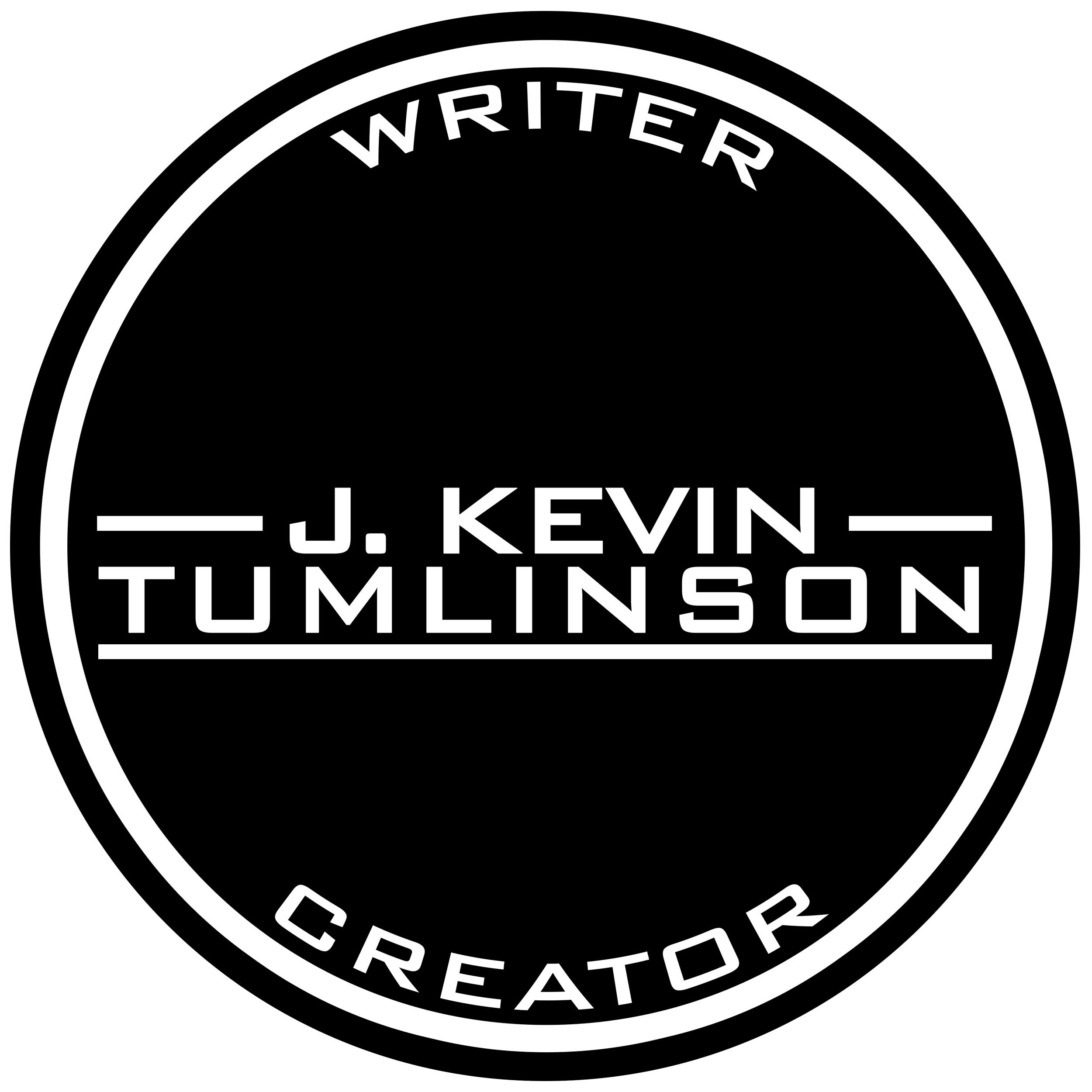3 Tips for Using Criticism
“To avoid criticism, do nothing, say nothing, and be nothing.”
Traditionally, I haven't been so good at accepting criticism. I get defensive, which leads to getting irritated, which leads to saying or doing things I shouldn't, which leads to the Dark Side. So the trick to my own personal growth, for a while now, has been all about avoiding the path to becoming Kev Vader, and keeping an open mind and a willing heart.
I've had a few beta readers give me some advice about my work, lately, that made me feel those tingly tendrils of defensiveness. Luckily, I was able to breath through it, and allow myself an opportunity to grow, rather than nurture my tendency to "fight back."
I'm making this sound worse than it is—let's just say that there was a time when any criticism would have been met with me being a big jerk, but for the past four years or so I've developed a thicker skin and a better sense of "this person wants to help me." Because that's exactly how you improve on what you do, and become excellent at it. This applies to writers, artists, real estate agents, and professional ping pong players (and everyone else besides).
I'm learning as I grow, so I thought I'd share some tips that might help you deal with criticism in your own life—whether from parents or friends, readers or customers, or just random strangers you meet in your day-to-day.
Listen to what people criticize
Tricky phrasing, that. Because I'm not saying "take every criticism as gospel." Instead, I'm saying you should listen, and start looking for patterns. It helps if you tune in, first, to people you really like and respect. Pay attention to what they're saying, even if you aren't following their advice. Because later, if you start hearing hints of the same sort of criticism from others, you'll start seeing patterns. And, just like my good buddy Sawyer Jackson, once you know a pattern is there you can start doing things to change it (or nurture it, if it happens to be a good pattern!).
Decide who you are
Criticism sometimes feels like outside pressure to change something about yourself. And yeah, it can be. But our resistance and annoyance, in regard to being criticized, mostly comes from the fact that we take it as an attack on who we are. It's important to remember that you are not what you do, or what you write, or what you drive, or anything external. You are who you decide to be. If you determine who you are, and get to know that you inside and out, then criticism gets de-personalized. Someone can criticize what you wear or how you talk, but that criticism isn't about you. It's about an it. Decide who you are, write down a list of who you want to be, and imagine, every morning and every night, exactly what sort of person you are. That definition, chosen by you, is your reality. It makes it easier for you to let criticism roll of your back, when you know it's not about changing you into something your'e not.
Always look for ways to improve
Once you know the patterns of criticism, and once you know who you are, then it's time to start looking for ways to be better. Every time someone offers advice, you can weigh it against your goals of what you want to accomplish. You can say, "This moves me closer, but this moves me away." People, oddly, will give you lots of free advice about how to do something, so you can sift through that advice, compare it to who you are and where you want to go, and use what's good while discarding the rest. The real point is, you should always look for ways to improve. No matter what you love to do—from writing a book to drawing anime to keeping really good accounting records—you should constantly keep one question in mind: "How can I improve on this?" You'll see some pretty amazing things happen, when your mind is always on doing something better than what you did before.
When your head is in the right space, it can actually be kind of fun to get "criticism" from people. Actually, there's an entire industry that's built around exactly what I'm describing. In Marketing, the professionals take in all the data and feedback they can get, organize it into a story to see the results they're getting, and then make changes to that story to help them move closer to their goals. They test everything (read about A/B testing), and they use the results to give them direction, help them make changes, and help them improve.
Think like a Marketer. Use the criticism—the feedback—to help you figure out your story, and to shape it so that it's what you intend it to be.
That's just a bit of free advice. Go be you.
